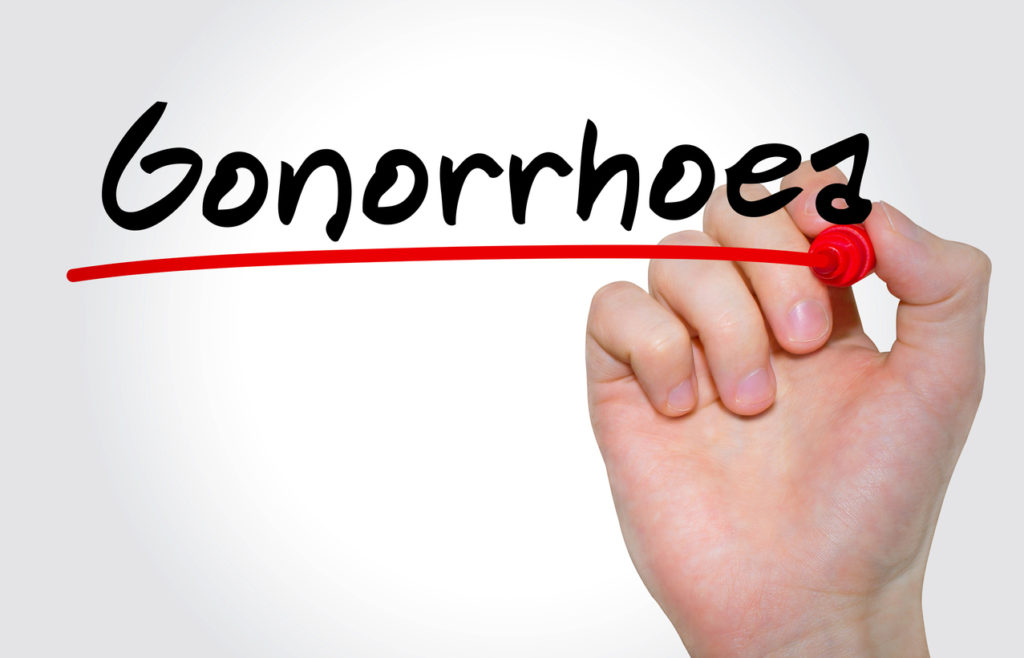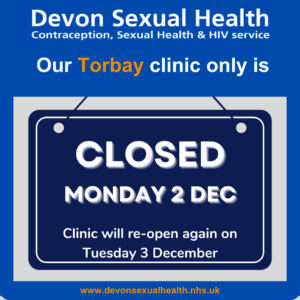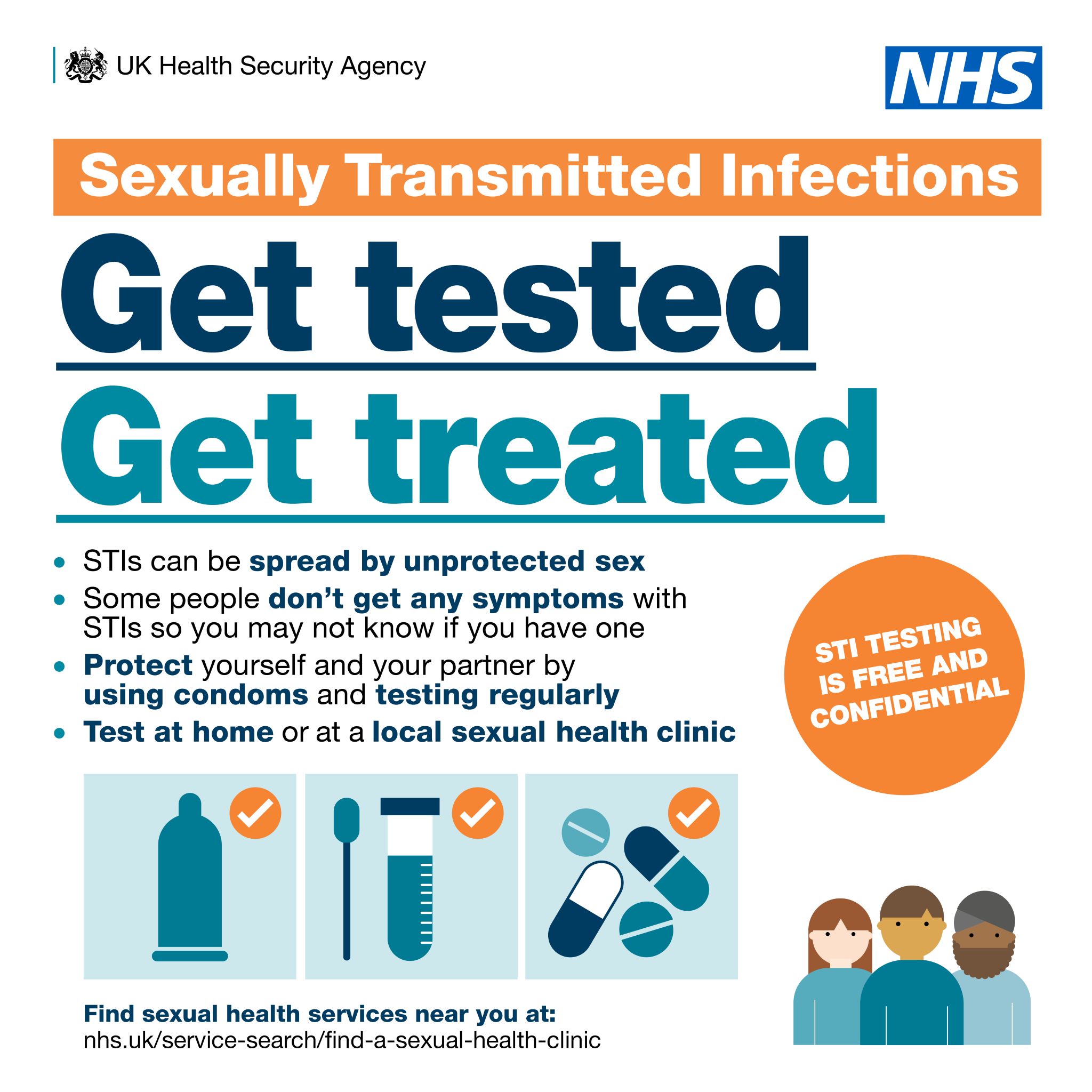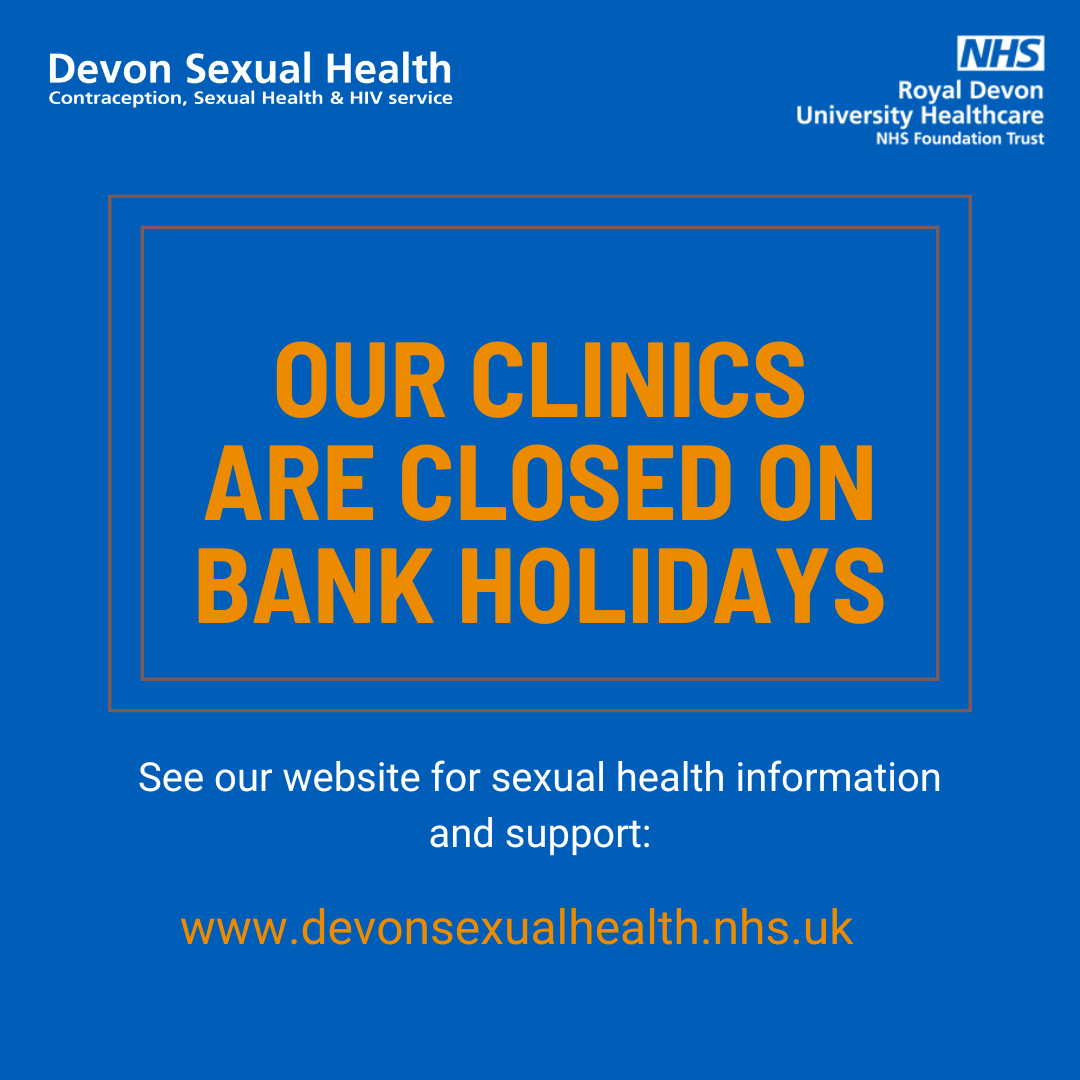5 things we wish you knew about gonorrhoea
posted by: Jonathan Shaw
1. Gonorrhoea is trending…
Since summer 2019, we have seen a rise in gonorrhoea in Devon, particularly among heterosexual people and younger people (less than 25 years of age). This mirrors what is going on across England which has seen a 26% increase in cases year on year recently (from 44,812 in 2017, to 56,259 in 2018).
You can pick it up from all types of sexual contact including vaginal sex, oral sex, anal sex or sharing sex toys.
2. Looking for and recognising symptoms is important
Signs of gonorrhoea will appear in 75-80% of men.
Symptoms can include:
• yellow discharge from your penis
• rectal pain, bleeding and discharge
Women only show signs about half (50%) of the time.
Symptoms can include:
• vaginal discharge
• unscheduled bleeding (eg bleeding after sex or between periods)
• pelvic pain or pain during sex
Any symptoms like this can be reviewed at our Devon Sexual Health clinics. Testing for gonorrhoea in Devon is only routinely available via sexual health clinics like ours
3. But you can be symptom free…
You can feel well with gonorrhoea, so it is important to test when you have had some condomless sex with a new partner – particularly if you have had sex with someone who has been diagnosed with gonorrhoea.
Tests can miss the infection if you have had it for less than 2 weeks. There is no harm in testing early but it is important to repeat tests for gonorrhoea 2 weeks after the last sex you were worried about.
If you have any symptoms at all that you’re worried about, no matter when they occur, contact us to find out how we can help.
4. Super-gonorrhoea is real and we are expecting to see it
Gonorrhoea is getting harder to treat around the world and we are watching out for strains that don’t respond to antibiotics. Some of these cases have been seen in the UK in recent years, and we are expecting to see more very soon. We have tests available to check which antibiotics will work in all our clinics.
We recommend against buying treatment for symptoms of gonorrhoea through friends, or via online pharmacies. You need to know where you have the infection and which antibiotics will work against it. This is only possible by getting reliable testing at a sexual health clinic.
5. Your best defense continues to be condoms
Condoms significantly reduce the chance of catching gonorrhoea, but not many people use them for oral sex. We recommend condoms for vaginal, oral and anal sex to protect against STIs and as a form of contraception.
There is some evidence that regular use of antiseptic mouth wash can also be protective.
More information and advice about gonorrhoea is available here.

Trending Now
- Taking ‘the pill’. A different approach to make this method work best for you
- Using a moon cup? Read this if you also have a coil in place..
- Does contraception affect fertility?
- Mpox vaccines are now available
- Does using contraception make you put on weight?
- The “male contraceptive”
- HPV Vaccine for Boys. We answer your questions.
- Does it hurt to have an IUC (coil) fitted?
- Updated blood pressure readings if you are taking combined hormonal contraception
- Rise in HIV diagnoses steepest among heterosexual men and women

Mpox vaccines are now available
From Jan 2025, Devon Sexual Health will be working with the Royal Devon University Healthcare NHS Foundation Trust’s vaccination team […]

Torbay clinic will be closed on Monday 2 December
To facilitate the implementation of a new electronic patient record system (EPR), our Torbay clinic only will be closed on […]

Rise in HIV diagnoses steepest among heterosexual men and women
The latest HIV surveillance data for 2023, published by the UK Health Security Agency (UKHSA) today, show that the number […]

Bank Holiday information
All Devon Sexual Health clinics will be closed on Monday 26 August for the Bank Holiday. When our clinics are […]
